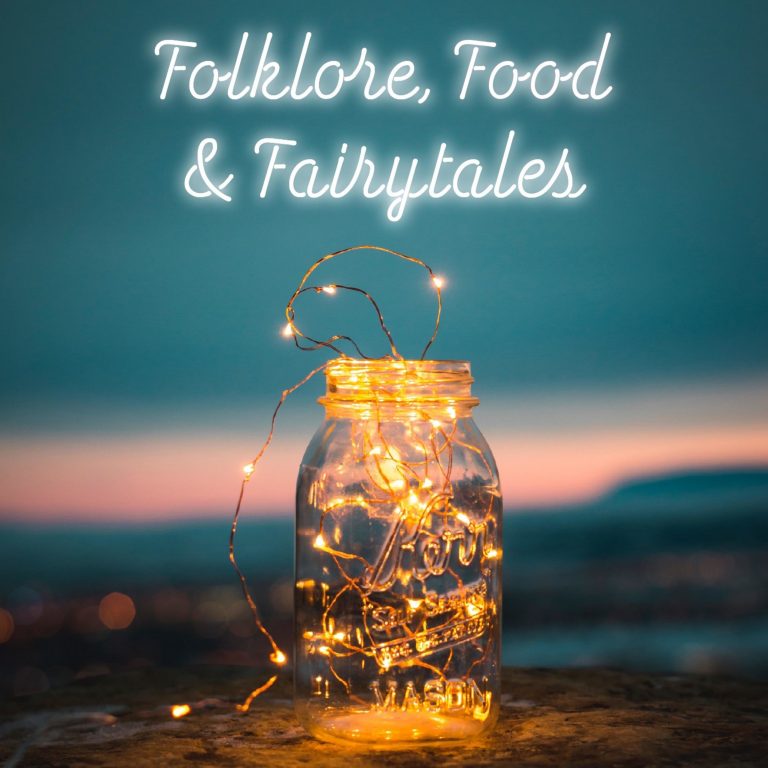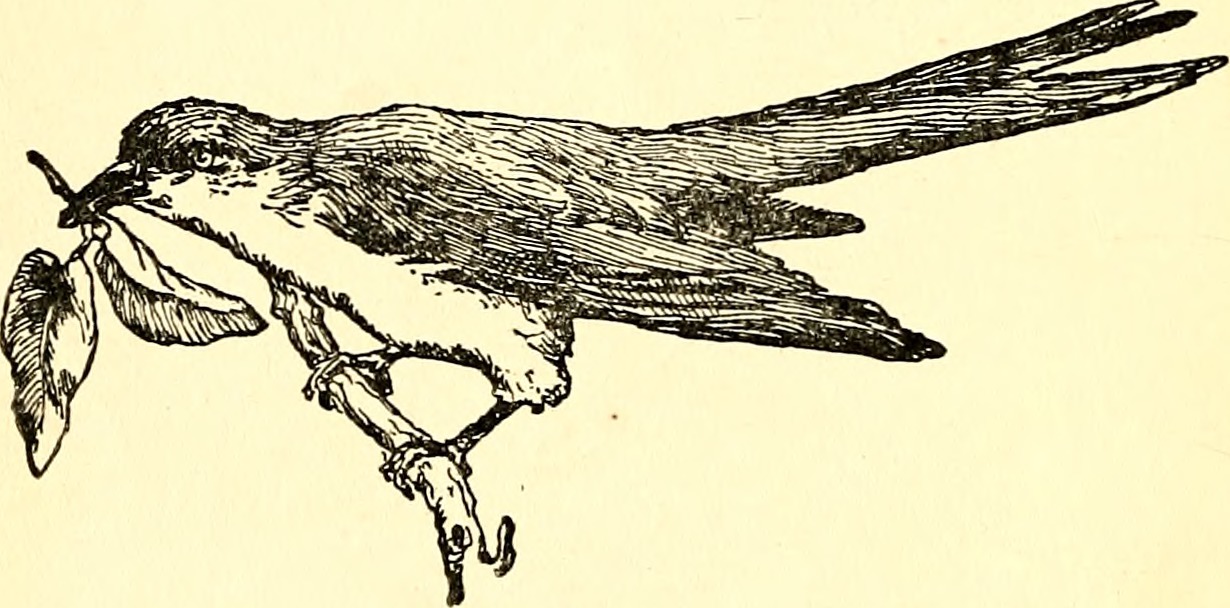This episode is, as is usual around this time of year, more story than conversation about the history and folklore but I will share just a little before the story just in case you would like to investigate further yourself.
The Story in this episode is: The Christmas Cuckoo – This story is adapted from a literary fairytale written by Frances Elizabeth Browne from a book called from Granny’s Wonderful Chair, first published in 1856. Frances was born in 1816 in Donegal but moved first to Scotland and then to London. She originally wrote poetry but also wrote short stories. The whole collection is beautiful and she created a gorgeous world rich in imaginative detail, made even more incredible by the fact that she lost her sight at 8 months old.
If you would like to hear the festive story collections I talked about in this episode you can find them at Festive Story Collections
You can find the interviews in my newest interview series here: How Food Frames Stories. You can find my interviews with storytellers here: Vernacular Voices of the Storyteller
You can also subscribe (or just read) my free newsletter for further snippets of folklore, history, stories, vintage recipes, herblore & the occasional cocktail.
You can also find out more at Hestia’s Kitchen which has all past episodes and the connected recipes on the blog. If you’d like to get in touch about the podcast you can find me here

Our Story is The Christmas Cuckoo – This story is adapted from a literary fairytale written by Frances Elizabeth Browne from a book called from Granny’s Wonderful Chair, first published in 1856. Frances was born in 1816 in Donegal but moved first to Scotland and then to London in. She originally wrote poetry but also wrote short stories. The whole collection is beautiful and she created a gorgeous world rich in imaginative detail, made even more incredible by the fact that she lost her sight at 8 months old. This is the first time I have retold a British literary fairytale as they did not really appear until the the 19th Century, much later than the European equivalent.
Pesky Puritans
This was mostly as a result of the Puritan movement in Britain that considered fairy tales to be damaging for children and although folktales continued in the oral tradition, new stories inspired by them did not appear. Lots of them however were written in the 19th Century. They became popular with the middle classes who wanted their children to have leisure reading that would prompt some creativity which was often stripped from them in their strict educational establishments.
There are lots of collections of these which can be found on via search engine but please remember when these writers wrote they were writing for two different audiences. One was obviously the children and for them the fairies in these tales were real. The second audience was the parents of those children for whom the fairies and the tales were allegories, gently reminding them that there were other things other than pursuit of riches that should be valued. Many writers were concerned by the social conditions in England particularly during the 19th Century and this was their way of trying to change minds.
Barley Bread
I’d also like to share that Barley Bread has been cooked in Britain and Ireland since the Stone Age with a flatbread style eventually giving way to a barm leavened loaf. I also recently discovered that it was recommenced to bake it covered in a cabbage leaf to keep it moist as it took more cooking than wheat bread. So as you will see the brothers in our story had every ingredient for their festive supper: leaven left over from their beer, barley meal from their field and a cabbage leaf to keep it moist.

